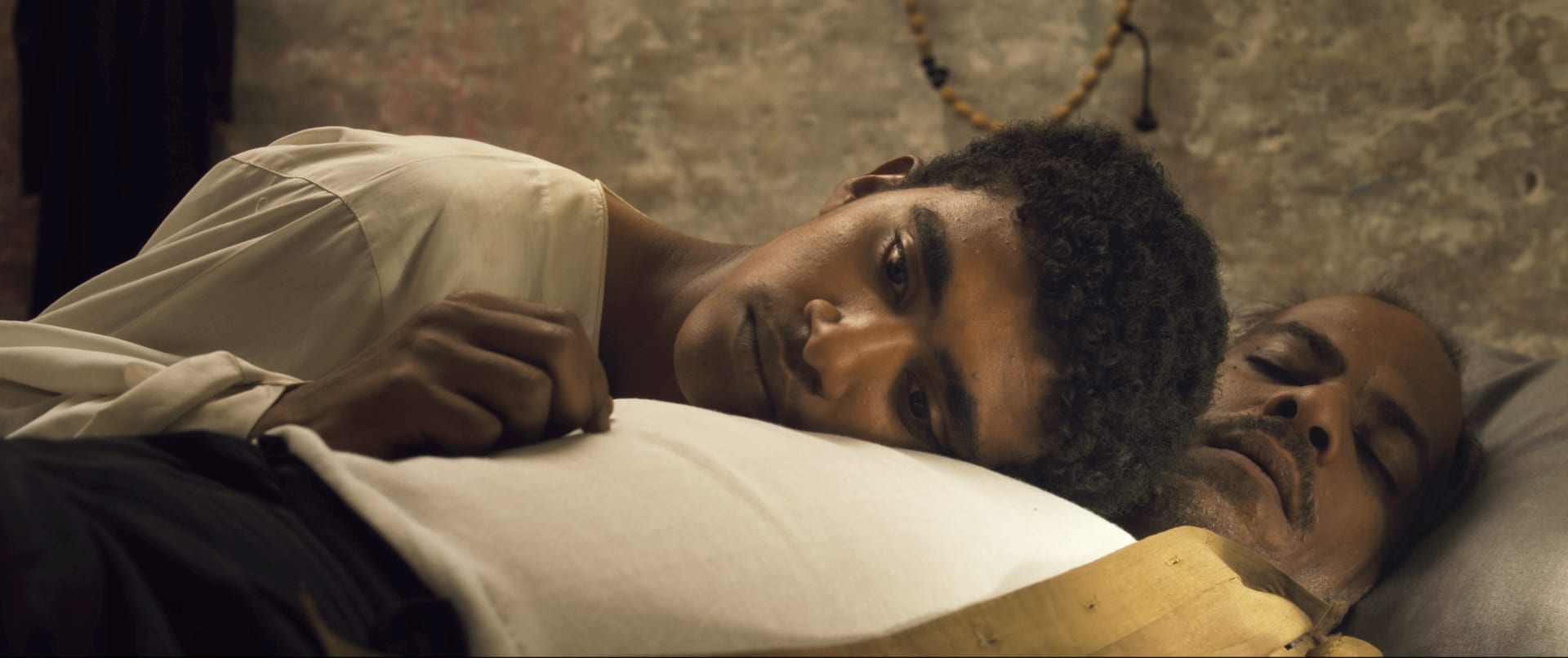
A Few of International Feature Oscar Hopefuls
Every country (except the U.S.) can submit one film for Oscar consideration for Best International Feature Film. How a country makes that choice varies. There are certain criteria, including how much English is allowed. The Academy has a process through which the films are reviewed eventually ending up with the five films nominated for the…

